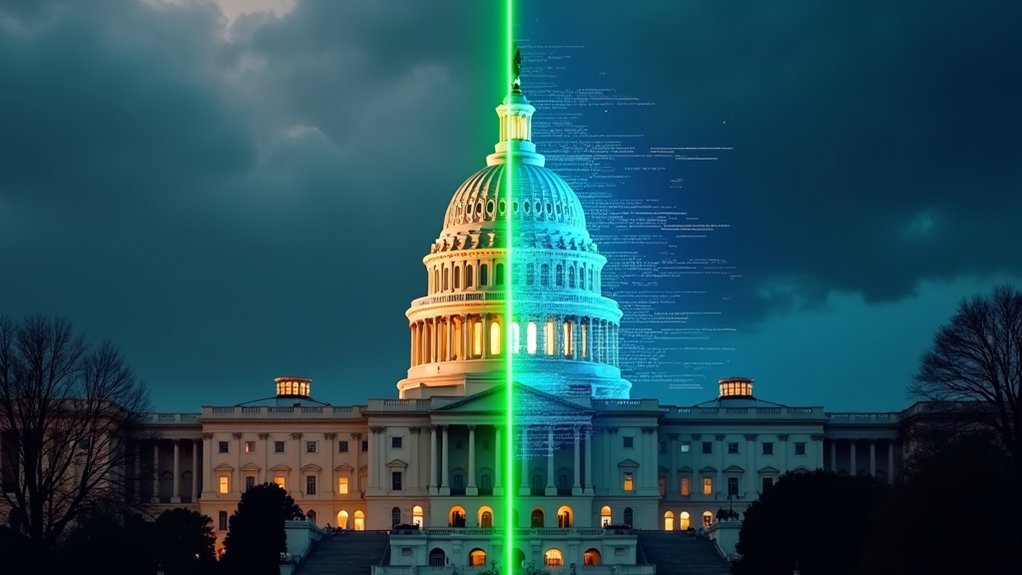British authorities have frozen more than £6 million ($7.7 million) in cryptocurrency assets since April 2024, flexing their newly acquired enforcement muscles. The UK isn’t messing around anymore. Their new powers, introduced just months ago, allow them to freeze suspicious crypto wallets for up to three years without even making an arrest first.
The biggest freeze so far? A cool £1.5 million from a Coinbase wallet, requested by HMRC for suspected tax evasion. That’s right—the tax man cometh, even to the blockchain. Newcastle Upon Tyne Magistrates’ Court signed off on that particular freeze order.
In a landmark case, HMRC froze £1.5 million in a Coinbase wallet—proving tax collectors can reach into the blockchain too.
And experts think the actual frozen amount might be higher, but legal restrictions limit what data we can access.
These expanded powers aren’t just window dressing. Law enforcement can now seize suspect assets, transfer them to government-controlled wallets, and even destroy certain cryptocurrencies altogether. Quite the arsenal. The pseudonymous nature of transactions helps maintain user privacy while ensuring blockchain transparency across the financial ecosystem.
The National Crime Agency, HMRC, and local police forces are all in on the action, with the Financial Conduct Authority keeping an eye on financial crime controls.
The legal backbone for this crackdown comes from the Economic Crime and Corporate Transparency Act 2023. Money laundering, tax dodging, terrorism financing, cybercrime, ransomware attacks—they’re all in the crosshairs. Drug traffickers using Bitcoin? Watch out.
The UK wants to be a “global hub” for crypto tech. Funny way of showing it. But they’re not alone—the EU has its Markets in Cryptoassets framework, and everyone’s watching what the US does next. These crypto enforcement measures follow a disturbing rise in violent home invasions targeting cryptocurrency holders across the UK.
The NCA has established a dedicated Crypto Cell division with five officers specifically focused on crypto investigations to enhance their ability to combat the growing threat of crypto-related crime.
Industry reactions have been predictably mixed. Some legal experts point out that these millions are pocket change compared to global crypto transactions. Others predict a surge in freezes as authorities get comfortable with their new toys.
Will this hurt innovation? Maybe. Will it catch criminals? Probably some. One thing’s for sure—the wild west days of cryptocurrency in the UK are officially over.





